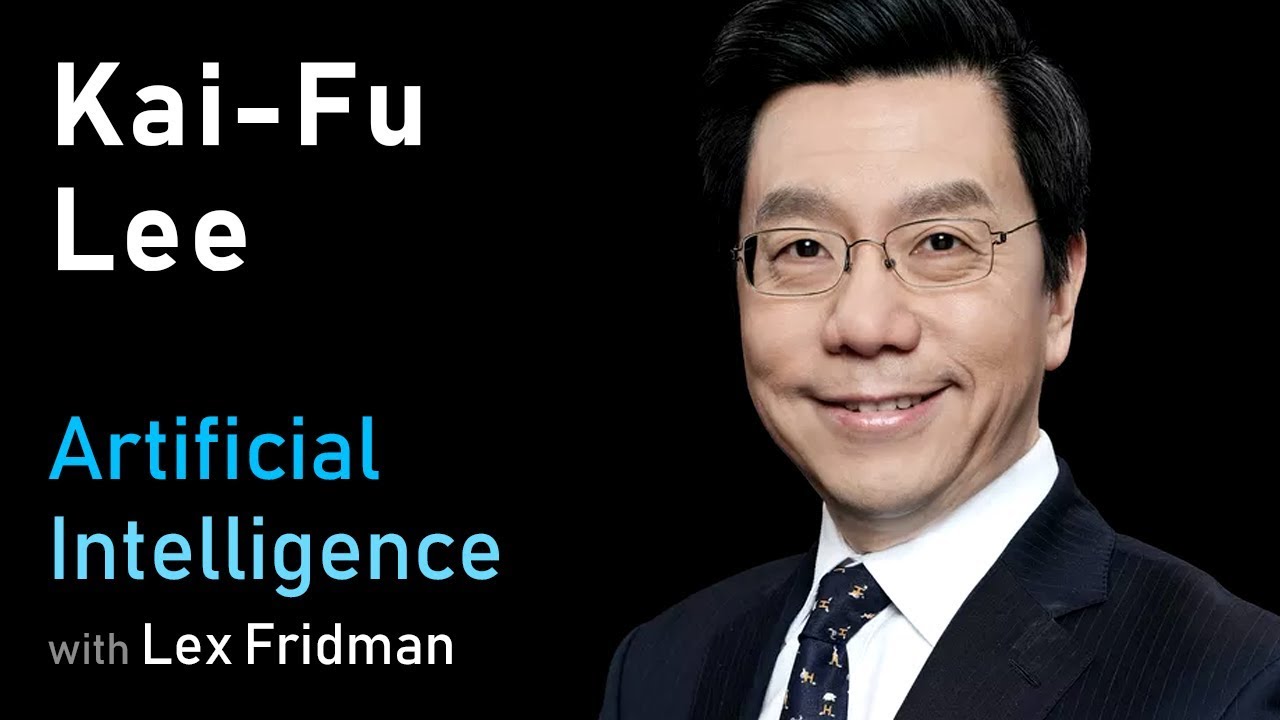The Alan Turing Institute
Eighty years after Alan Turing launched the digital age, the revolutionary consequences continue to unfold. The changes are so relentless and powerful that they have given rise to competing utopian and dystopian narratives. According to one view, smart machines will usher in unparalleled productivity, prosperity, longevity, and leisure time; on the competing view, smart machines will crush workers, drive wealth to top 0.0001% and end privacy.
About the speaker
Professor Jeffrey Sachs will argue that both of these visions are coherent and theoretically possible, and that the outcome will depend not on the technology itself but on how we govern it. Rapid advances in AI and related technologies will replace workers, drive up the wages for some groups while driving down wages for others, and tend to increase inequalities of market earnings. Yet the benefits of the digital revolution can be broadly shared if we act with foresight, ethics, and appropriate strategies regarding taxation, intellectual property, education, and governance.
#TuringLectures
About the Turing
The Alan Turing Institute, headquartered in the British Library, London, was created as the national institute for data science in 2015. In 2017, as a result of a government recommendation, we added artificial intelligence to our remit.
The Institute is named in honour of Alan Turing (23 June 1912 – 7 June 1954), whose pioneering work in theoretical and applied mathematics, engineering and computing are considered to be the key disciplines comprising the fields of data science and artificial intelligence.
To learn more about what we do, watch our new video on ‘What is The Alan Turing Institute’
https://www.youtube.com/watch?v=IjS2sVPR2Zc
Source




There is a hidden issue for me and that is if we solve inequality then demand will sky rocked which will lead to in a automated society a commodity explosion and massive impact on the environment..from resource depletion and production pollution..etc. Since automation and inequality will be addressed though slowly if best put our efforts on protecting the environment else we will have a scenario similar to the AI that fills the world with paper clips but instead with commodity.
China denies claims it fueled US opioid epidemic….maybe its just One-upmanship
There are many confounding variables in determining a social voting demographic just based on education. Individuals with lower education levels did not recover jobs in the same proportion as those of higher educated some of this is related to opportunities where people live as well .
My guess is that people will be paid according to their education/skill level regardless of weather they apply them since AI machines will make high level skill / knowledge unnecessary in most cases. People will be paid to be cultural learners as a occupation.
Block chain for internet voting….yes
pretty good but more of a stand by your pan 390 . but I only suspect
sorry didn't mean to poach your "pretty good" just didn't know if she could spare a spade one two BelWall
do AI and technologists, computer scientists give a crap where AI drives us? No of course not. They are themselves apathetic or willing or hapless tools -they just want a job. They dont care or take responsibility for what the result of their efforts is. They do not accept responsibility for what they are doing: empowering Amazon or NSA. AI at the worker, bottom feeder level is just a job.
At the top manager and owner level, its not just about money: it mostly ego power.
Both Owners and Slaves wouldnt stop what they are doing [but they will go to hear Sachs talk]. if AI destroys jobs and produces discontent while enriching its corporate geek owners no one will speak up or raise a hand if it risks their job.
AI is patently a dystopian. Its an ego driven [selfish] dystopian culture that Sachs knows is destructive. AI is not sustainable. It obviously demands regulation and limits, but it is not regulated because, as Dylan said, "the pump dont work cause the vandals stole the handles".